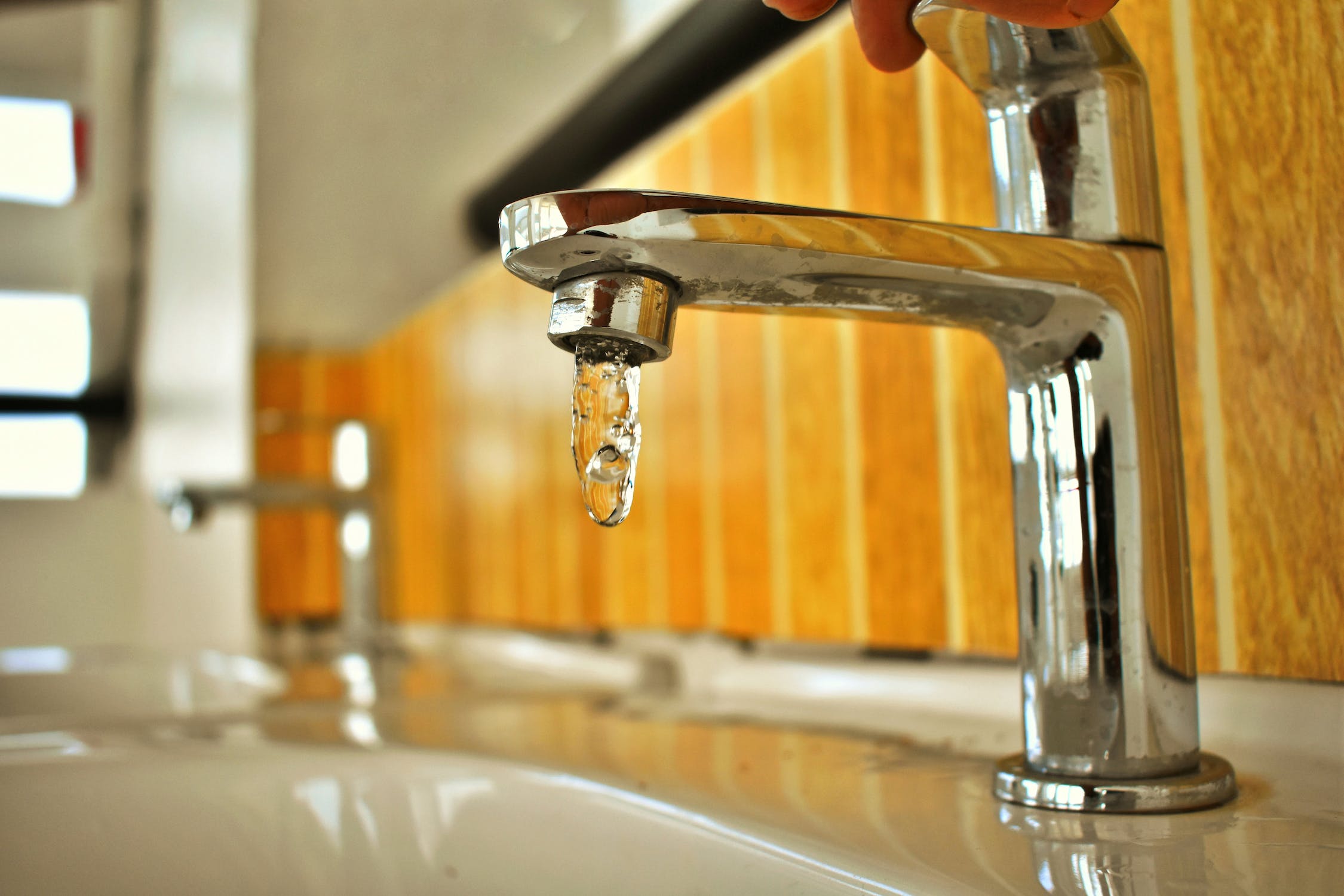5 Ways For Businesses To Conserve Water

Lakes drying up, the Aral Sea shrinking, and various countries - of note, Egypt - dealing with water crises. It’s highly apparent that the need for fresh water is rising more than ever before, even while overall seawater levels are rising.
During COP27, various approaches were proposed and discussed. One topic was desalination, the process of turning seawater into usable water. While a great solution, the technology is expensive, energy-intensive and leaves behind brine, which needs to be disposed of. In other cases, there were alliances formed, like Senegal and Spain, who are working to deal with their own droughts.
Despite these developments, water itself cannot be easily transported from one country to another, so it makes sense to develop supply solutions as close to the demand as possible. In terms of solutions and how these decisions impact businesses, they are contained to your respective country. But while water issues may generally be local or national, this is still inherently a global issue, and one way countries can conserve water is when people and businesses begin to conserve water on a daily basis.
To conserve the most water possible, apply these methods in your business.
High-Efficiency Equipment
Underlying water usage hinges on how effective the plumbing is as well as the equipment used. Investing in good toilets and energy-efficient dishwashers are two ways of addressing this issue. Interesting to note is that many people would opt to hand wash dishes, because that uses less water, right? Wrong. And especially in a higher volume workplace environment, it makes sense to use a machine.
Designs are evolving, and smaller, quicker models are often best for volume needs. Here’s the best of 2023 to start your search.
Hire A Plumber For Maintenance & Repair
Plumbing is central and even a small insignificant leak can be costly. No one in history has said they love the sound of dripping faucets when trying to concentrate on work. Beyond that, leaks can cause structural damage or grow toxic mould which can then get into the water supply.
You can avoid all of these potential hazards and annoyances by having a plumber perform repairs as need be. Better yet, having plumbers perform routine maintenance can ensure pipes are replaced and problems are addressed before they cause any disasters.
Since plumbing services are essentially local, do a search in your area for “Preventative Maintenance”, or “PM”, and set up a plan so you never need to worry.
Install Low-Flow Faucets
Having low-flow faucets in all areas of your business is a good step to take. Out of all the changes, this is the easiest as a lot of people barely notice the difference between regular faucets and water-efficient ones. After all, faucets in these areas are often used for washing hands and rinsing dishes.
By extension, looking into aerated faucets can work in the same manner as they reduce water flow. The US Government is getting on board, and since federal buildings are now switching to low-flow, maybe it’s time to follow the precedent and install similar models in your workplace.
Appropriate Interior Planting
The interior of the business is just as important as all the pipes running through it. How you position everything is crucial and what you put into it too. Some techniques to consider are:
Moisture sensors - if you automate landscape, sometimes it can result in watering green areas that don’t really need water. Moisture sensors avoid the waste of automatic sprinklers and other tools.
Irrigation schedule - irrigating in the morning or early evening can help ensure water isn’t wasted via evaporation.
Drought-tolerant plants - everyone loves plants in the office and investing in one that doesn’t need a lot of water is a win-win for resource use.
Let’s be honest, unless you have a professional plantscape company on hand to take care of the greenery, there may be casualties. Opt for the least killable varieties and increase your chances of continuous workplace green.
Avoid Food And Water Waste
When it comes to food and drink, ‘avoid’ really is key to decreasing wasteful habits in the first place. This means becoming ‘conscious’ of what is actually needed, not what should be presented to communicate an idea of “plenty must be good”. Do you fill the kettle full when boiling water just for a single cup of tea? Many foods are prepared at the office with additional water, and while we’re not trying to separate you from your instant ramen, it makes sense to be aware each time you turn on the faucet.
If that sounds too boring for your tastes, have a look at our article on reducing food waste so you can learn how to profit from it instead.
Get Everyone Involved
Much like the global water shortage, this is a problem that everyone can work to solve. Passing on knowledge or brainstorming ideas amongst employees is a good way to expand water conservation and bring everyone onto the same page. Making this a group effort also ensures everyone is held accountable and the joint effort can make a bigger impact than one employee doing all the work or choosing to do this.
It’s important to recognise that big changes in our daily lives usually are met with resistance in various ways, even with something as simple as conserving water, a genuinely good thing for the planet and humanity at large. To reinforce incentivising these actions, you can also view this as simply being good for business, as a bottom line cost reduction on the energy bill, and as an opportunity to access government tax rebates for companies that conserve water effectively.
Ultimately, reinforcing good workplace resource conservation may transfer over to better residential use. When you’re paying your home utilities bills, you’re more aware, yes, but that doesn’t mean resource wastefulness should be a fact of workplace life. For more ESG-related ideas and views, bookmark our Featured Articles page.

